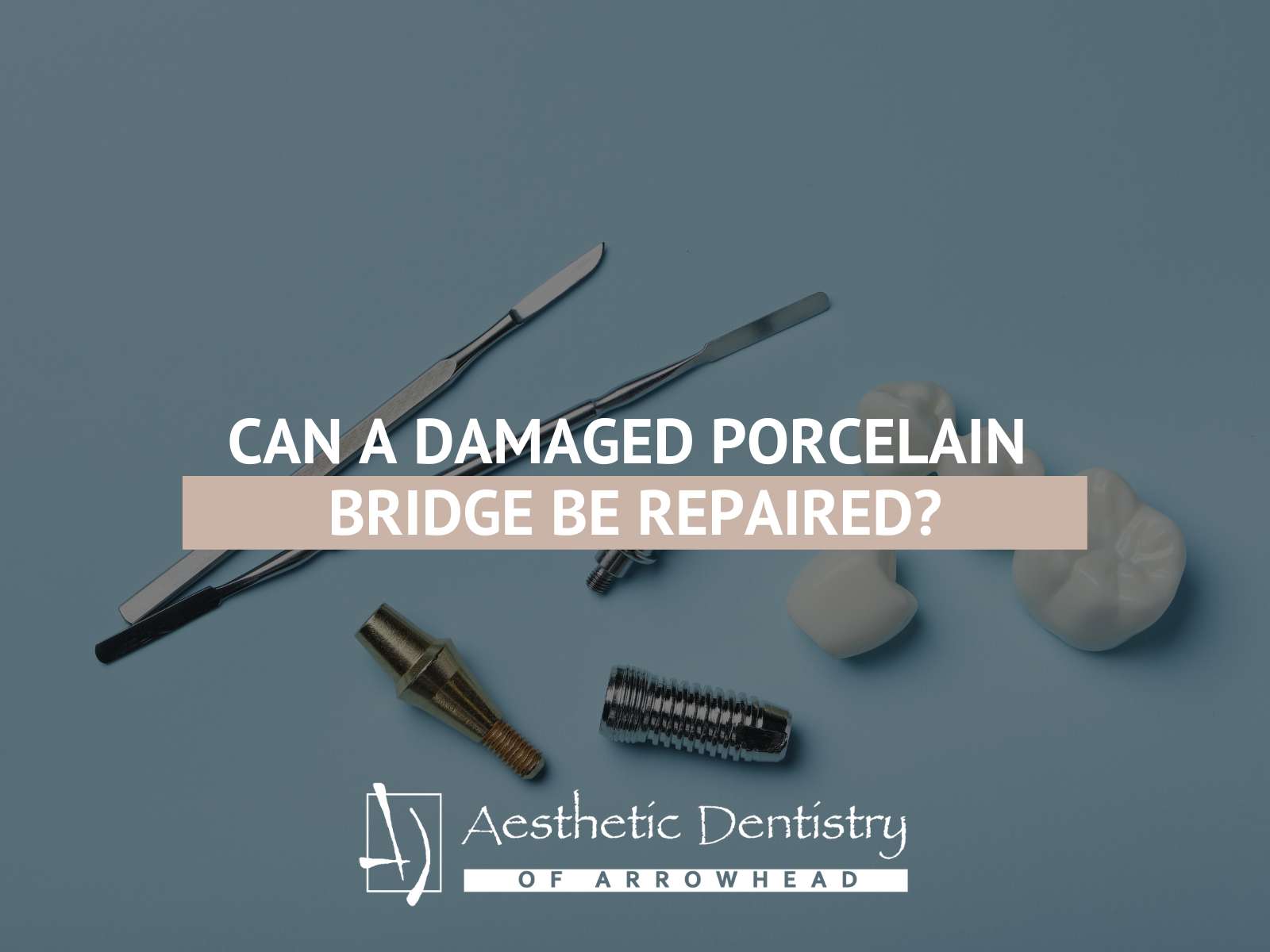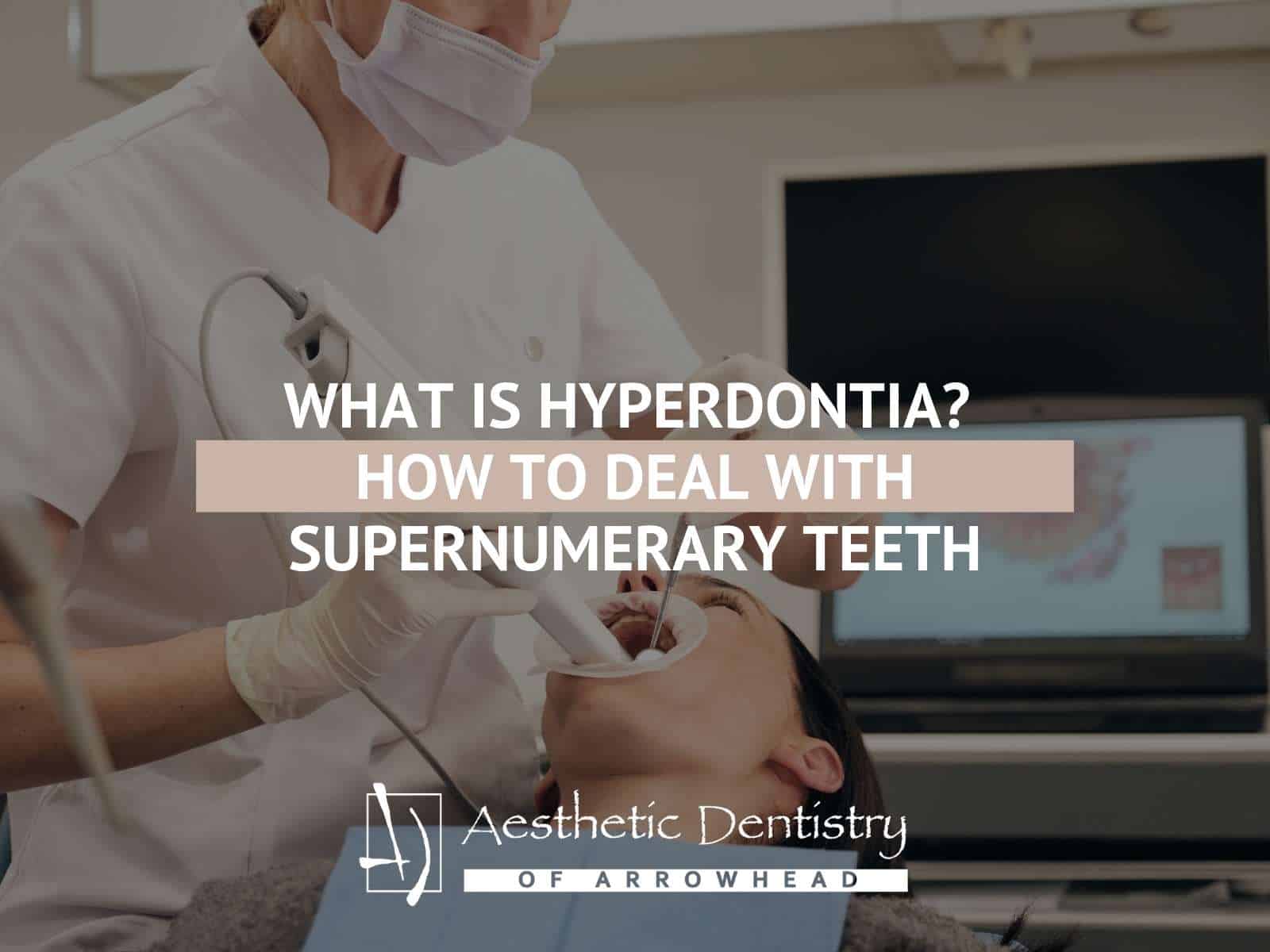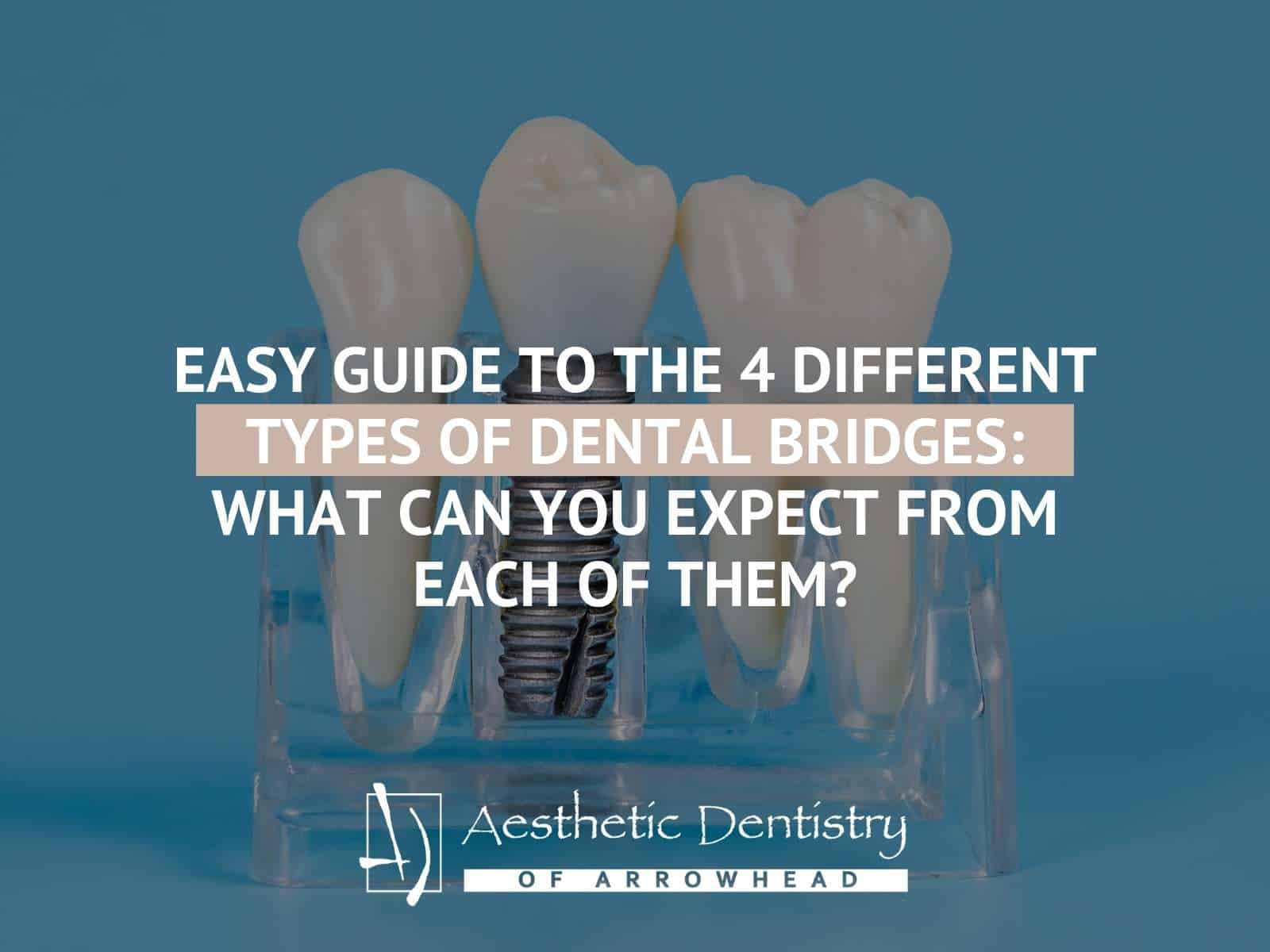Wisdom Teeth Removal
At other times, wisdom teeth can become impacted, or may become misaligned themselves and only partially erupt, which can cause pain, swelling and even infection in the gum surrounding the impacted or partially impacted molar. Alternatively, they can put pressure on adjacent teeth, causing sometimes permanent damage to teeth that are otherwise healthy and the bone surrounding them. Impacted and partially impacted wisdom teeth can even cause the formation of cysts and tumors in worst case scenarios, which can destroy entire sections of the jaw.
There are even times when wisdom teeth are healthy and aligned appropriately, but need to be removed due to another othrodontic treatment in Glendale, such as needing to make space in your jaw to allow crooked or overlapping teeth to move to proper positioning.
The third molars, commonly known as your “wisdom teeth” generally are the last teeth in your mouth to erupt. Healthy and functional wisdom teeth can be useful, but many peoplee find themselves needing to consider removing their wisdom teeth. Fully erupted and otherwise properly aligned wisdom teeth can be very difficult to clean due to their location at the back of your jaw, and can become severely decayed. In these instances, the best course of action is to simply remove the wisdom teeth.
There are even times when wisdom teeth are healthy and aligned appropriately, but need to be removed due to another othrodontic treatment in Glendale, such as needing to make space in your jaw to allow crooked or overlapping teeth to move to proper positioning.

The Treatment
Whether you are having your wisdom teeth extracted by your Glendale, Arizona dentist or a tooth extraction specialist, the procedure is as follows. To begin, a local aneasthetic is injected into your gum to make the procedure more comfortable for you. Under certain circumstances, your dentist may provide you with the options of nitrous oxide gas in addition to or as an alternative to the injection, or may even use a general anesthetic to put you under completely.
After the area has become numb, an instrument called an elevator loosens the tooth until it wiggles in its socket. Forceps, or in some more complex cases, also a surgical hand piece, are then used to remove the tooth from its socket.
Extraction’s Possible Complications
As with all other surgical procedures tooth extraction has its own share of potential complications. Some of the possible concerns you should be aware of can include:
- Tenderness
- Prolonged bleeding
- Slight chance of infection
- Dry socket
- Loosening of neighboring teeth, fillings, or crowns
- Tooth from upper jaw displacing into the sinus cavity on rare occasions
- And in the most extreme cases, there may be a possibility of a jaw fracture or temporary or even permanent numbness
When Should I Remove My Wisdom Tooth?
There is no single correct answer for when you should have your wisdom teeth removed, but if your dentist gives the recommendation for removal due to a problem that may occur in the future, it is better to have them extracted as soon as possible, rather than after the problem eventually crops up. This is due to the potential for problems in your wisdom to spread to issues with your other teeth, such as crowding concerns, and also because we heal better when we are younger, and the likeliness of complications increases with our age.








